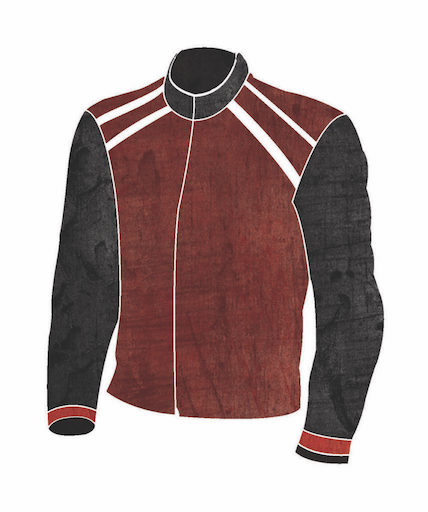Whitworth is no stranger to conversations about gender stereotypes. Last week, the university hosted a screening of “Miss Representation,” a film that looks at how gender stereotypes in media affect women. Often missing from this conversation, though, is a discussion of how stereotypes affect men, said Jeremiah Sataraka, Baldwin-Jenkins resident director.
In response, Sataraka will facilitate an event named, “This is a Man’s World,” Sept. 25 at 7:30 p.m. in Weyerhaeuser 111. The event will feature a discussion about stereotypes of masculinity that exist within our culture, he said.
“We’re lacking, across the board, an understanding of the ways that stereotypes of all kinds impact us,” said Nichole Bogarosh, women’s and gender studies and communication lecturer. “When we study stereotypes in terms of gender, we often think about it as women because they are the historically oppressed group. But stereotypes regarding men are just as detrimental.”
Men also have unattainable media misrepresentations weighing upon them in the form of superheroes, Bogarosh said. Mega-muscled and highly-masculine Captain America and Superman-type characters have become permanent installments on our movie screens, saving the damsels in distress and planet earth alike from annihilation.
These issues can affect college-aged men because the socially-constructed idea of masculinity can make men feel like they need to protect women and society at large in order to be “ultra-hyper masculine,” Bogarosh said.

“You can’t be the superhero all the time,” she said.
The pressure to be masculine has spawned what some researchers call “The Boy Crisis,” in which young men are forced to either prove their masculinity or revert to a state of “geek.” Some Whitworth men said they feel these pressures.
“You definitely have to be something,” senior Eric Rice said. “Middle of the line isn’t all that interesting.”
Not all Whitworth men feel the same way.
Senior Josh Loiseau said the pressure exists, but that he does not feel he needs to make a choice.
“I do what I feel more comfortable doing,” Loiseau said.
Some students did not feel a pressure to be either a hero or a geek at all. Junior Josh Sharon said he does not feel the pressure.
Though gender stereotypes can be detrimental, they also have their place in society.
“Gender roles can be really helpful in terms of helping people figure out how to function in a society,” said Pam Parker, women’s and gender studies and English professor. “But what I think is dangerous is when we have coercive practices that make people change their behaviors to fit it.”
Gender is a “performative aspect of identity,” meaning that people display gender through various visible statements, such as body language or clothing choice, Parker said.
“A guy who wears a kilt on campus is making a statement,” she said. “A guy who wears his pants baggy and low around his hips is making a kind of statement, he’s performing a kind of urban male ethnic gender. A hipster, with his skinny jeans, is performing a different kind of masculinity.”
The source of those stereotypes, what it means to act as a man or a woman, is vital because they impact person-to-person interaction, Sataraka said.
“Why can’t masculine be associated with gentility and kindness and compassion?” said senior Abbey Cook, president of feminist club X Squared, which will be assisting with the event.
In the same way women can feel societal pressures, men are also pressured by social norms to moderate their emotion, Parker said.
“A lot of stereotypes are around men controlling their emotions, not showing fear, not showing pain, or even being too happy or too sad about anything,” Parker said. “And I think all of these things end up dehumanizing anybody.”
A direct correlation exists between emotion and the respect required for good manners, Cook said.
“In order to respect another human being, not only do you have to be able to show compassion to the emotion that they feel, but you also have to be able to show emotion,” Cook said. “And I think for lots of guys that’s a big problem because they’ve been taught their whole lives that makes them weak or girly.”
Cook said she does not think this emotional disengagement is a problem at Whitworth. Cook said she thinks most Whitworth men are comfortable showing their emotions. With all of these issues weighing on Whitworth men, the event will offer students a space to consider why they might feel pressured to act in a certain way.
“College years are a time for people to explore ideas, it’s a time for people to learn a lot of different things about life,” Sataraka said. “We just want an opportunity for students at Whitworth to talk about where they got their ideas of masculinity or femininity, to talk about what disadvantages or what privileges students have in their gender expression or presentation.”
Contact Weston Whitener at wwhitener17@my.whitworth.edu










 Spokane?
Spokane?